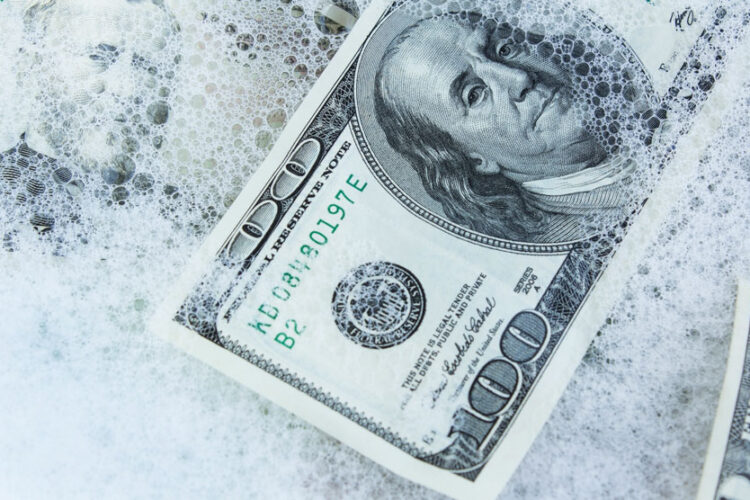The Anti-Money Laundering Act and its Questionable Whistleblower Provision

Although the False Claims Act is the best-known federal whistleblower statute, several other federal laws aim to protect those that come forward with information about specific wrongs. For example, the Dodd-Frank Act includes a provision that pays whistleblowers that provide the Securities and Exchange Commission with information leading to successful enforcement action. And effective January 1, 2021, a new whistleblower law has come into effect to encourage those with information about illegal money laundering to report that information to the United States.
Specifically, the Anti-Money Laundering Act (“AMLA”) now provides that individuals that disclose original information about money-laundering or violations of the Bank Secrecy Act can confidentially disclose that information and receive up to 30% of the sanction that the United States ultimately recovers. The AMLA also protects whistleblower employees from retaliation from raising concerns about money laundering. And an employee that prevails on a retaliation claim can recover two times back pay, plus compensatory damages, and attorney fees.
While all whistleblower protections are welcomed and serve a noble purpose, this one appears to have some significant defects that could render it ineffective. First, and most importantly, the law does not require the United States to pay any minimum portion of the recovery to the whistleblower. Indeed, although the United States may pay up to 30% of the recovery, it is not obligated to pay anything at all. And if the United States elects not to pay a whistleblower, there are no options to appeal that decision.
Making matters worse, the money the United States decides to pay the whistleblower does not come from the specific recovery or a fund from other money set aside from other statutory recoveries. Instead, the money comes from annual appropriations that future Congresses are expected to set aside in future budgets. So in the likely event that Congress does not put aside enough money to pay whistleblowers, those that do come forward with valuable information may not be adequately compensated simply because Congress has not appropriated enough money.
This is not to say that a whistleblower should never proceed under the new AMLA whistleblower law. There may be situations where that is the best or only way forward. But often other whistleblower laws—like the Dodd-Frank Act—will apply to the same actions and guarantee a recovery. In those cases, the whistleblower may be better served proceeding under other whistleblower statutes with guaranteed recovery provisions.
In any event, before proceeding under the Anti-Money Laundering Act, or any other whistleblower statute, someone with information that could entitle them to recovery should discuss with an experienced whistleblower attorney at Florin Gray. For a free, and confidential consultation, please call us at 727-220-4000.